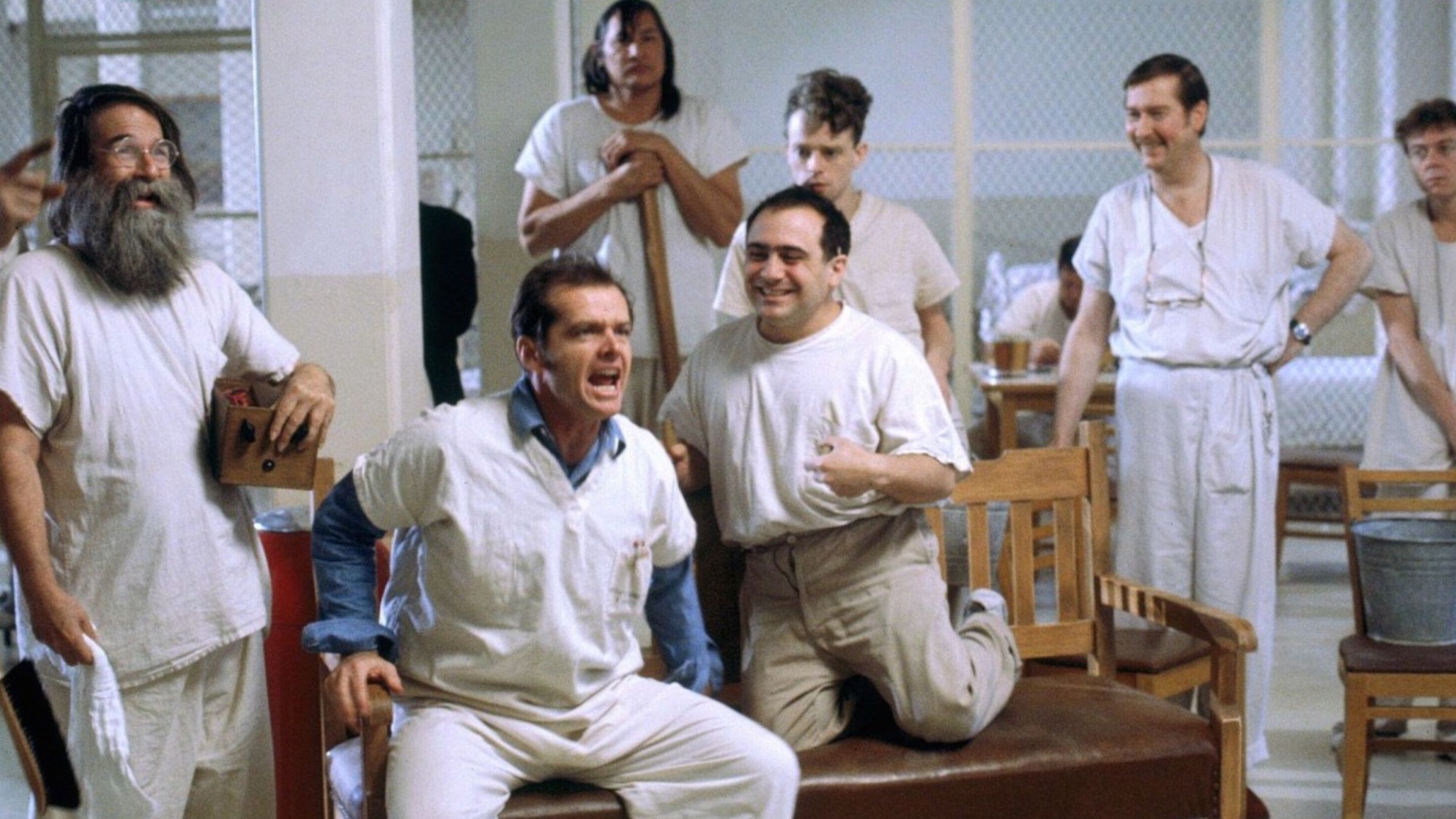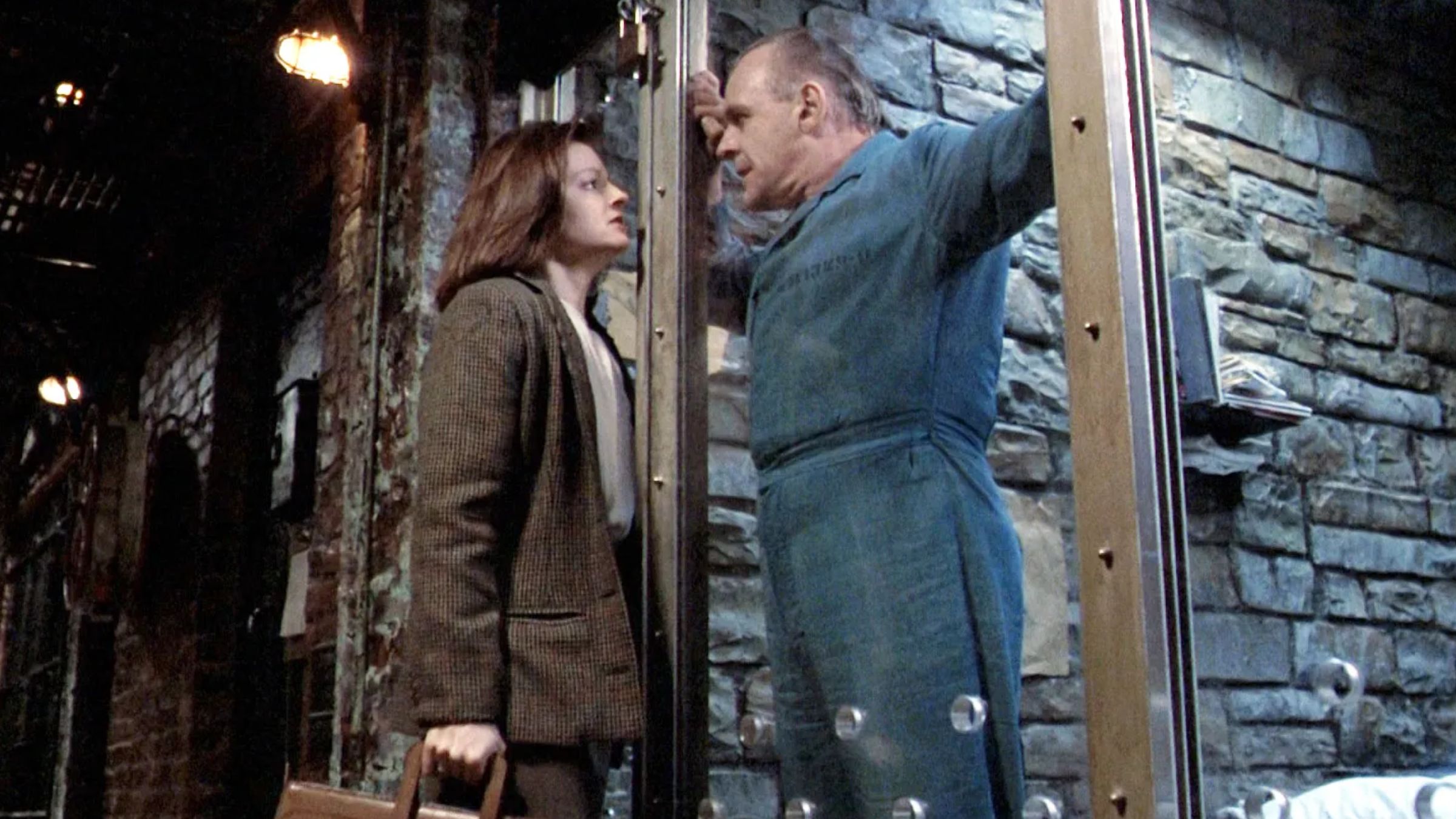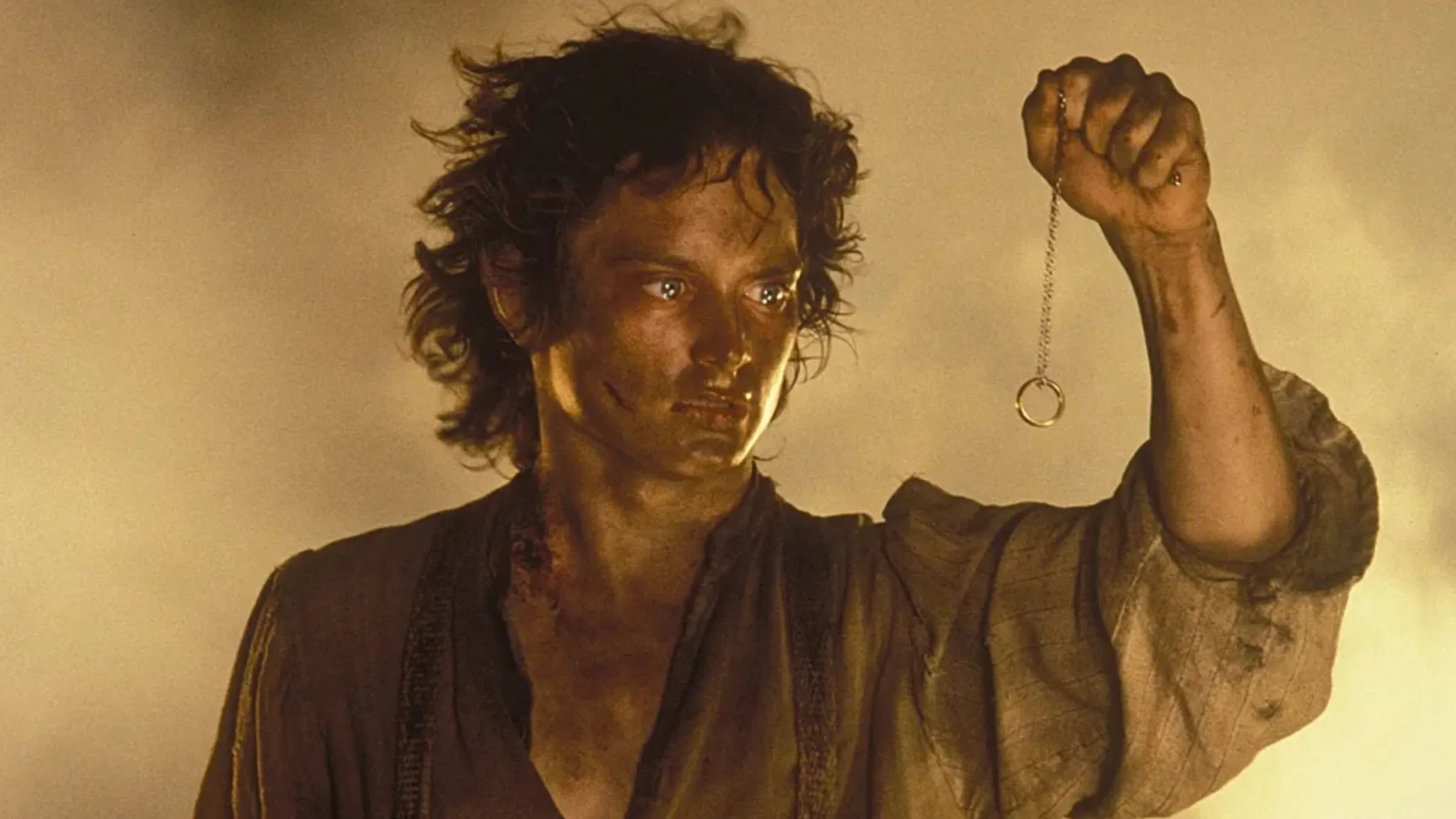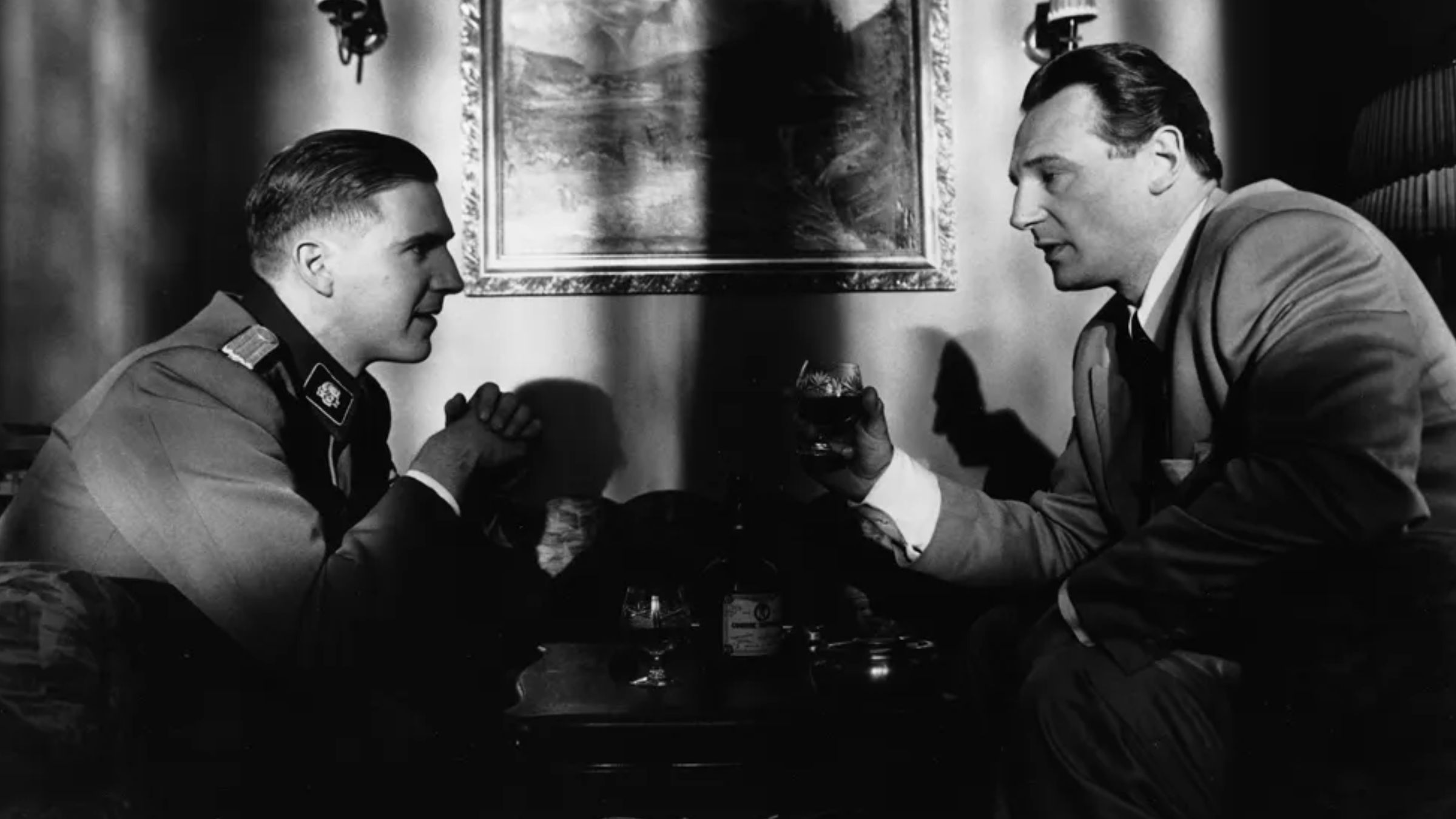
The Oscars are always changing – one year they’re full of drama, the next they’re looking back at the classics. But certain Best Picture winners are undeniable masterpieces. These films didn’t just win an award; they changed the landscape of cinema, defining genres and creating lasting cultural icons. They continue to inspire filmmakers and move audiences even today. Hollywood’s biggest night has given us many memorable winners, proving the Oscars can truly recognize greatness. Ever wonder which films really stand out from the rest?
It’s tough to choose from so many great films – hundreds have been honored since the Oscars began in 1929! But every movie on this list earned its place. Here are our picks for the 10 best Oscar-winning movies ever, ranked from best to worst.
10) Titanic

Titanic is one of those movies you can watch over and over again. James Cameron created a cultural phenomenon by telling a love story between Jack and Rose, set against the backdrop of the real Titanic disaster. While the story is simple, it’s effective because Cameron perfectly blended heartfelt emotion with grand visual effects. The film is large in scope, embraces its dramatic moments, and knows exactly what it is – and that’s why it remains so captivating even today.
While some parts haven’t held up perfectly, and it’s not known for being subtle, Titanic still packs a powerful emotional punch. It’s the kind of movie that can unexpectedly move you to tears. It changed the game for Best Picture winners, proving a massive blockbuster could also be visually stunning and deeply affecting. Its 11 Academy Awards solidified its place as a major Hollywood success. It ranks lower on this list only because its story isn’t as complex or nuanced as those of other films that follow.
9) One Flew Over the Cuckoo’s Nest

Inspired by Ken Kesey’s novel, One Flew Over the Cuckoo’s Nest captures the rebellious energy of the 1970s within the walls of a mental institution. The film centers on R.P. McMurphy (Jack Nicholson), who feigns insanity to avoid prison, and his conflict with the stern and controlling Nurse Ratched (Louise Fletcher), considered one of cinema’s most memorable villains. It’s a stark and uncompromising story about the battle between freedom and control. Jack Nicholson delivers a captivating and iconic performance, showcasing why he’s a legendary actor.
Even today, One Flew Over the Cuckoo’s Nest resonates because of its skillful blend of comedy, social commentary, and emotional depth. It feels like both a powerful protest and a moving human story. The connection between Jack Nicholson and Louise Fletcher is still captivating after all these years. It’s no surprise it won all five major Academy Awards – the film truly captures the struggle against authority. It appears slightly lower on this list simply because its storytelling approach is more conventional than some other, more experimental movies.
8) Gone with the Wind

Everyone knows Gone with the Wind, even if they haven’t seen it, and for good reason – it’s the classic Hollywood epic. The film tells the story of Scarlett O’Hara (played by Vivien Leigh), a strong-willed woman struggling to maintain her lifestyle during the Civil War. She finds herself caught in a complex love triangle with Ashley Wilkes (Leslie Howard) and Rhett Butler (Clark Gable). It’s almost four hours long, packed with drama, war, romance, and turmoil, all filmed in stunning color and created with a level of grandeur that was unmatched in the 1930s.
Watching Gone with the Wind now feels very different than it did when it was first released. While its romanticized depiction of the South and its use of racial stereotypes haven’t held up over time, the film remains incredibly important from a technical standpoint. It fundamentally changed how Hollywood makes big, ambitious movies—and particularly those aimed at winning Oscars. In fact, understanding the history of the Academy Awards requires recognizing the lasting impact of this film.
7) Lawrence of Arabia

While many films show their age, Lawrence of Arabia remains a timeless classic. Though not everyone has seen it, it’s widely considered a perfect example of filmmaking. The movie tells the true story of T.E. Lawrence, a British officer who played a key role in the Arab Revolt during World War I. However, the film’s power comes not from the political events or the battles themselves, but from the complex character of Lawrence, brilliantly portrayed by Peter O’Toole, who struggles with his own beliefs and ambitions. Lawrence of Arabia continues to inspire filmmakers today; directors like Steven Spielberg, Martin Scorsese, and George Lucas have all pointed to it as a model for capturing grand scenes, stunning landscapes, and the inner life of a solitary hero.
The film is stunning to look at. No other Best Picture winner captures the desert landscape quite like Lawrence of Arabia – both vast and claustrophobic, even compared to recent films like Dune. It’s more than just a war movie or adventure story; it explores the internal struggle of a man torn between cultures, a theme that remains powerful. While the film’s pace might seem slow at times and some depictions feel dated, its meticulous detail and grand scale make it a truly defining epic – the kind of movie that sets the standard for the genre.
6) The Silence of the Lambs

Anthony Hopkins’ portrayal of the chilling Hannibal Lecter in The Silence of the Lambs created a truly unforgettable character. The film’s success at the Academy Awards is particularly remarkable, as horror movies rarely receive such recognition – it essentially elevated the genre to a new level of respect. The story centers on Clarice Starling, an FBI trainee, who seeks the help of the brilliant but terrifying Lecter to catch another serial killer. The movie is a masterclass in suspense, beautifully crafted, and profoundly disturbing, skillfully blending psychological insight with the classic elements of horror.
The film is notable for winning all five major Oscars – a rare feat that demonstrates a thrilling story can be just as impactful as a historical epic. Anthony Hopkins and Jodie Foster deliver outstanding performances, and their scenes together are filled with intense energy. What truly makes the film brilliant is its subtlety; The Silence of the Lambs is frightening because of its understanding of the human mind, not cheap tricks. Its influence is clear in later works like the Hannibal series. While a masterpiece, it’s placed here because its scope is relatively contained.
5) The Lord of the Rings: The Return of the King

J.R.R. Tolkien’s The Lord of the Rings is widely considered the greatest fantasy story ever told, both in books and movies. The third film, The Return of the King, truly defined what a satisfying conclusion to a saga could be. Before the massive success of Avengers: Endgame, Return of the King was a groundbreaking cinematic event. The film pushes Frodo (Elijah Wood) and Sam (Sean Astin) to their breaking points as they struggle to destroy the One Ring, all while epic battles, heartfelt goodbyes, and stories of redemption unfold around them. It’s a truly magnificent example of the fantasy genre.
Similar to Titanic, The Return of the King swept the Oscars, winning all 11 awards it was nominated for – a truly remarkable achievement. More than just the final chapter of a beloved story, the film demonstrates that big-budget blockbusters can also be artistic and meaningful. Despite its length and being known as part of a trilogy, it succeeds in delivering powerful emotions, a grand scope, and a sense of witnessing something truly special and unforgettable.
4) The Godfather: Part II

Creating a follow-up to a film widely considered a masterpiece is incredibly risky—many excellent sequels haven’t measured up to the originals. However, The Godfather: Part II defied expectations. Director Francis Ford Coppola crafted a film that was even more intense, thoughtful, and frankly, more violent than the first. The movie tells two parallel stories: the rise of a young Vito Corleone (Robert De Niro) and the slow self-destruction of his son, Michael (Al Pacino), as he becomes overwhelmed by his own power and remorse.
This film is a powerful exploration of how past achievements can lead to decline. The Godfather: Part II demonstrates that achieving success can ironically be a source of tragedy. Though its pace is slow and its mood is cold, every element contributes to the overall impact. It rightfully won an Academy Award by accomplishing something unprecedented for a sequel: it transformed a crime story into a sweeping, Shakespearean family drama. The sole reason it doesn’t rank among the very best is that it lacks the original film’s iconic cultural significance.
3) Casablanca

Few films are as iconic as Casablanca, a true classic that has stood the test of time. The story centers on Rick, played by Humphrey Bogart, who runs a bar in Morocco during World War II and unexpectedly encounters a former love. While the plot is straightforward, it’s remarkably powerful. Casablanca expertly blends romance, political intrigue, and a touch of cynicism – a balance that many modern films struggle to achieve.
The magic of Casablanca lies in how natural it feels, despite being a carefully made film. The writing is clever and the dialogue is brilliantly sharp, all brought to life by captivating performances. By the end, it feels like a turning point for Hollywood, demonstrating how to tell a story with both genuine emotion and smarts. Its Academy Award win wasn’t just recognition of a great film—it marked the high point of a time when Hollywood valued both sophistication and entertainment. That combination is uncommon now, which is why the film still feels flawless in its storytelling and emotional impact, even if it isn’t as visually flashy as some modern movies.
2) Schindler’s List

Steven Spielberg is known for making incredible films, but Schindler’s List is something truly special. It’s his most serious and deeply human work, telling the true story of Oskar Schindler (Liam Neeson), a German businessman who saved over a thousand Jewish people during the Holocaust. Spielberg filmed the entire movie in black and white – not for artistic effect, but to make it feel like historical footage and to honor the memory of those who suffered. His direction is subtle yet impactful, allowing the gravity of the events to speak for themselves without relying on overly emotional scenes.
This film changes how we think about the Oscars, demonstrating that a win can be about importance, not just prestige. Schindler’s List is a deeply disturbing yet unforgettable portrayal of a horrific reality. Its impact extends far beyond winning Best Picture; it’s a powerful reminder of Hollywood’s ability to do more than simply entertain – it can safeguard memories that must never be lost. This is the type of Oscar-winning film that proves cinema can be both art and a vital historical record, leaving a lasting emotional impact.
1) The Godfather

Topping the list is The Godfather, a truly undeniable classic. Its influence on filmmaking remains strong, almost like a family tradition passed down through generations. Francis Ford Coppola transformed a story about the mafia into a universal tale of power, loyalty, and the dangers of corruption. The film centers on Michael Corleone, who takes over the family business from his father, Vito Brando, and ultimately becomes the ruthless leader he initially swore to avoid. It’s a tragic story of a man who believes he’s protecting his family, but ends up destroying it instead.
Every aspect of The Godfather – from the directing and speed of the story, to the visuals, music, and acting – is incredibly focused and intentional. It’s a film without any wasted moments, prioritizing precision above all else. Marlon Brando and Al Pacino don’t just play characters; they create iconic, unforgettable figures. The Godfather profoundly influenced countless filmmakers and fundamentally changed expectations for the Academy Awards. It’s hard to envision any other film deserving the top spot on a list like this, because, in many ways, every great movie made since has been striving to reach its level. It remains the gold standard for direction, writing, and performance.
Read More
- How to Get the Bloodfeather Set in Enshrouded
- The Pitt Season 2, Episode 7 Recap: Abbot’s Return To PTMC Shakes Things Up
- 4 TV Shows To Watch While You Wait for Wednesday Season 3
- Every Targaryen Death in Game of Thrones, House of the Dragon & AKOTSK, Ranked
- Best Controller Settings for ARC Raiders
- The Best Members of the Flash Family
- Where Winds Meet: How To Defeat Shadow Puppeteer (Boss Guide)
- Duffer Brothers Discuss ‘Stranger Things’ Season 1 Vecna Theory
- Fishing Guide in Where Winds Meet
- Ghost of Yotei Boss Says Sequel Will Fix Ghost of Tsushima’s Biggest Problem
2025-11-03 20:14